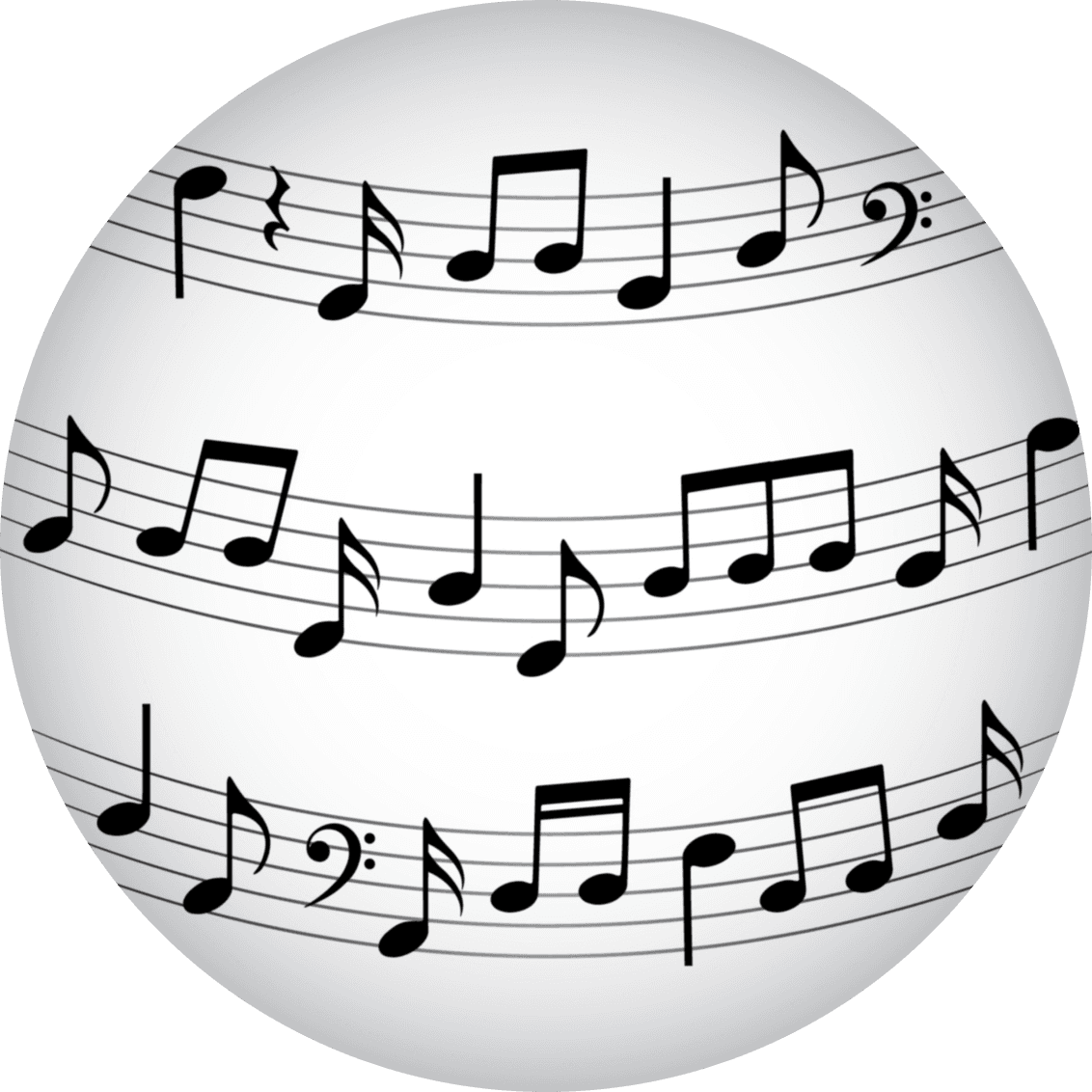
Photo of Justin Hurwitz by Hussein Katz for Paramount Pictures
You can listen to the full interview here:
Bringing the debauched world of 1920s Hollywood to the screen in Babylon, director Damien Chazelle and composer Justin Hurwitz decided to steer the score away from the mild dance-band style music that was heard in those days, and bring to it a more modern sound. In a conversation with KUSC’s Brian Lauritzen, he described the decision and his process this way:
“There’s a foot in that world because anytime we’re at a party and there’s a band, we’re using more or less the lineup of a twenties band, maybe a little bigger, but it’s definitely a believable band for the time. But we use them in ways that are a lot more contemporary, and I hope unexpected for twenties… I hope none of the jazz sounds like twenties jazz because that’s a sound we’ve heard. It’s a sound that is pretty tame compared to the movie Damian made. It’s a very wild movie. It’s a very in-your-face movie, and we needed unhinged music, we need very powerful and unhinged music. So, the writing for those bands is a lot more rock and roll inspired.”
He describes it as “riff” based, with a muscular feeling that doesn’t line up with traditional jazz from that era. Hurwitz, who’s teamed with Damien Chazelle for Whiplash, First Man and La La Land (for which he won two Oscars, for Original Score and Original Song) says that given how many on-screen performances there were, it was necessary to record an hour or so of the soundtrack before any footage was shot. This allows the actors to learn to play their instruments convincingly.
“We like to get it right. Because we want, for at least for musicians, we don’t want them to roll their eyes and be like, that’s clearly fake. And even for people who aren’t musicians. I feel like you can still tell on a gut level when something is fake. If you get it right, it just has an authenticity that I think just feels better. We try to get it as good as we can for everybody.”
Hurwitz’s early involvement in the film – much earlier than would be needed if there weren’t on-screen performances – allowed him to prepare demos of the music while the film still only existed in storyboards.
“One of the reasons I love working with [Damien Chazelle], aside from the fact that he makes movies that I love is because he thinks about music through the entire process. He wants to think about music as early as possible, and he makes it part of his process. So as soon as he’s got a script, there’s something for me to do. And I love that, because it gives me time to be able to develop my material.”
The film includes a scene with a full orchestra playing Mussorgsky’s Night on Bald Mountain to accompany a wild medieval battle, a love scene at sunset with a Tristan and Isolde-inspired underscore, but perhaps most memorably, a nod to Ravel’s Bolero that Hurwitz had fun writing.
“All of our characters have come to this party, they’re all fish out of water. It’s kind of a stuffy party. It’s at William Randolph Hearst’s, one of his houses. The scene just builds and builds: the annoyance for all of them, the slights, the sort of passive aggressive insults hurled at them build. Nellie (Margot Robbie’s character) escapes, goes up to a bathroom. She’s sort of starting to lose it. Everybody’s starting to lose it a little bit. And it’s basically a long cue that builds and builds and builds towards this really insane ending. It was really that large structural idea that made us think of Bolero.”







